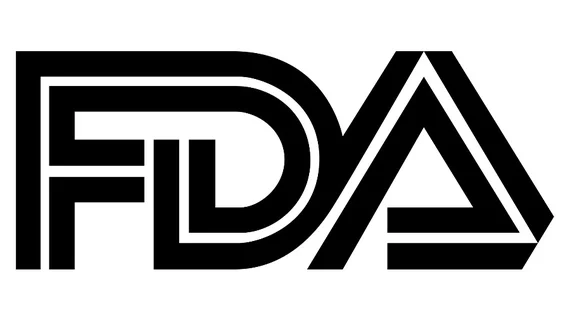FDA approves therapy to reduce infarct size in LAD STEMI after PCI
The FDA has approved SuperSaturated Oxygen (SSO2) Therapy to reduce infarct size following PCI for a “widowmaker” heart attack, device manufacturer TherOx announced April 4.
According to the company, SSO2 Therapy is indicated for left anterior descending ST-elevation MI (LAD STEMI) treated within six hours of symptom onset. Once the artery has been opened with PCI, a superoxygenated mixture of a patient’s own blood and highly oxygenated saline is infused to the targeted ischemic area for 60 minutes.
The technique was associated with a 26% relative reduction in infarct size compared to PCI alone in a pivotal clinical trial.
“Even after angioplasty with stenting, many heart attack patients suffer from irreversible damage to the heart muscle, which carries a poor prognosis in terms of mortality and the potential for future heart failure,” Gregg W. Stone, MD, a professor of medicine at Columbia University Medical Center in New York, said in a press release. “SuperSaturated Oxygen is the only therapy shown in a pivotal randomized trial to reduce infarct size in patients with large anterior myocardial infarction, offering the potential to further improve outcomes in these high-risk patients despite successful primary angioplasty.”

